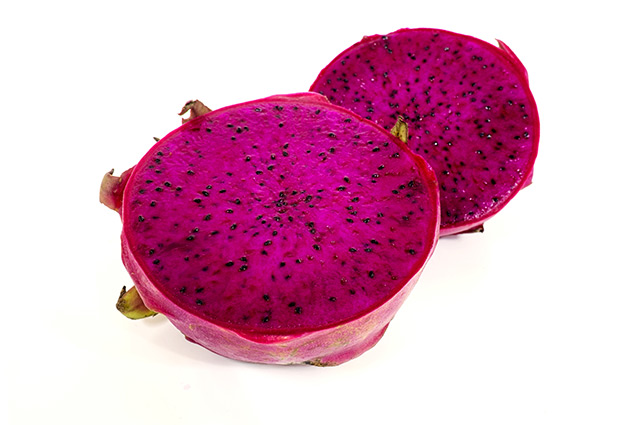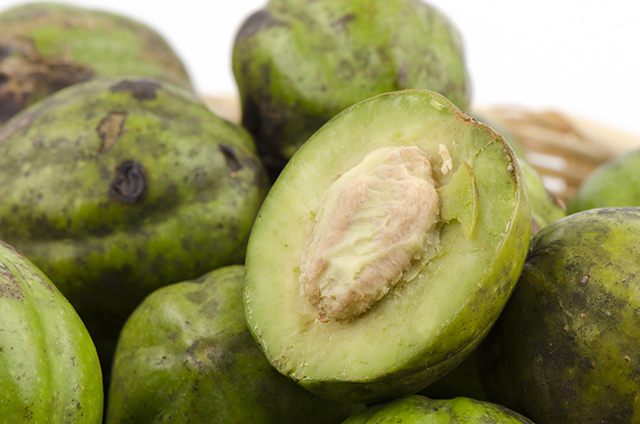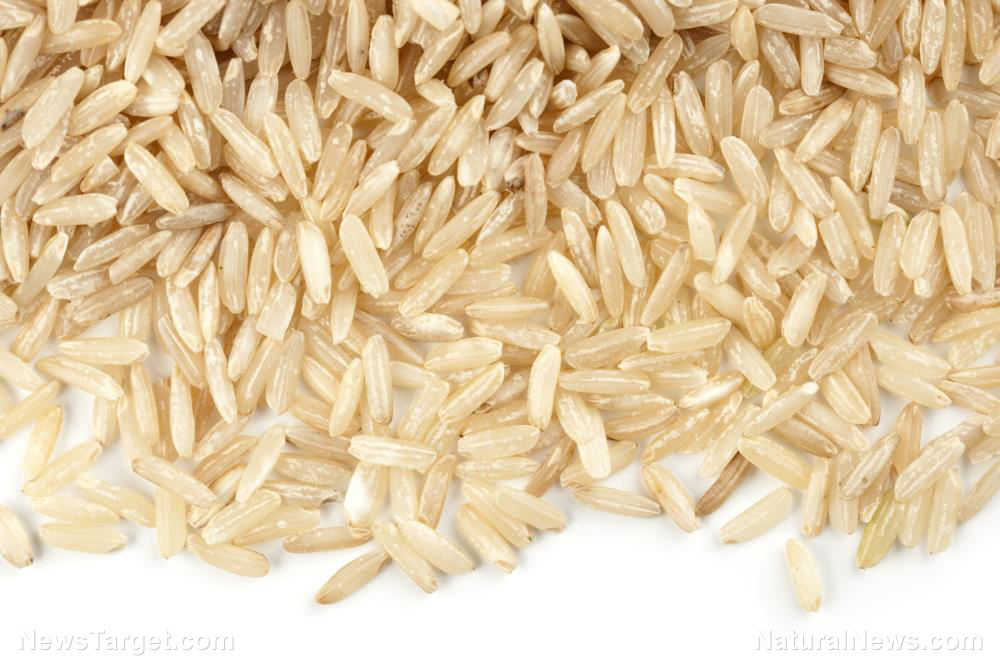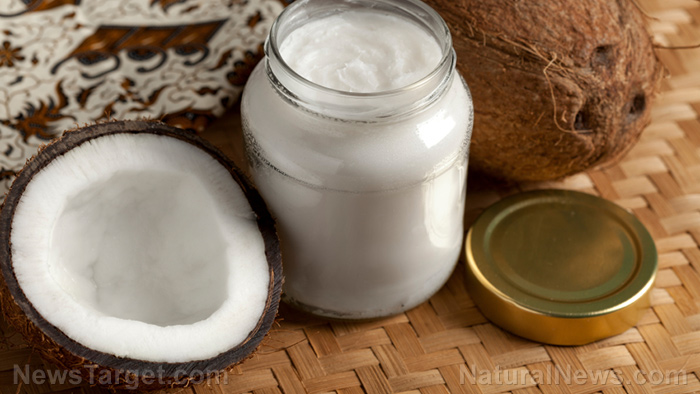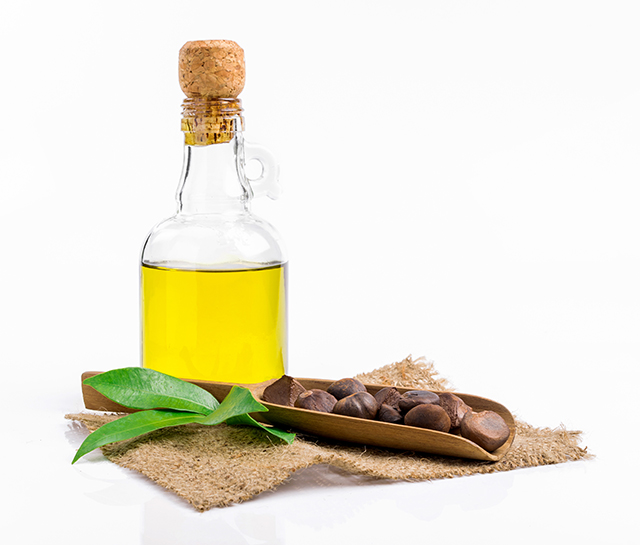Mint oil — sources, health benefits, nutrients, uses and constituents at NaturalPedia.com
10/12/2017 / By Earl Garcia
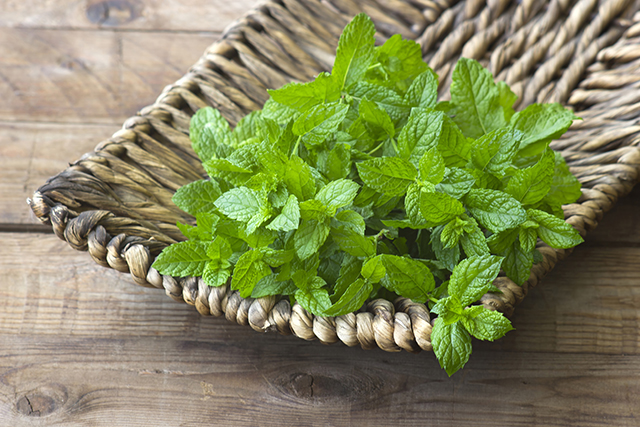
Mint oil is the essential oil extracted from aromatic herbs belonging to the mint plant family such as peppermint and spearmint. Various types of mint essential oils, such as those derived from peppermint, are touted for their many beneficial effects and have easily become a staple in aromatherapy. Mint oil has long been used as a remedy to various diseases. Peppermint oil in particular is recognized as one of the world’s oldest medicine.
List of known nutrients
An entry posted on the SELF Nutrition Data website lists the many important nutrients found in peppermint, which include:
- Calcium
- Folate
- Iron
- Magnesium
- Manganese
- Niacin
- Omega-3 fatty acids
- Omega-6 fatty acids
- Phosphorus
- Potassium
- Sodium
- Vitamin A
- Vitamin C
Medicinal uses for mint oil
Certain types of mint oil such as those of peppermint’s are shown to effectively relieve various digestive conditions. Adding a few drops of peppermint oil in a glass of water may help alleviate excessive gas. The essential oil may also address upset stomach, nausea, and irritable bowel syndrome. Combining peppermint oil with caraway oil may relieve heartburn as well. An article published on the Organic Facts website revealed that mint oils help relax the gastrointestinal tract, which makes the herb a staple component of over-the-counter drugs.
Using peppermint oil is touted to alleviate urinary tract infections. According to experts, the strong antibacterial properties in mint oils may play a central role in fending off infections. Peppermint oil is known to possess antispasmodic, expectorant, and anti-inflammatory properties as well. These properties are shown to relieve respiratory conditions such as nasal congestion, sinusitis, and asthma as well as bronchitis, cold, and cough.
Mint oils are known to boost the immune system and improve blood circulation as well. A large number of studies have revealed that mint oils contain powerful antiviral, antibacterial, and antifungal effects that help keep various infections in check. Previous studies have also demonstrated that essential oil vapors readily stimulate pulse rate and boost blood circulation. Likewise, the resulting improvements in blood circulation may bolster the brain’s oxygen supply and mitigate the risk of developing cognitive conditions such as Alzheimer’s disease and dementia. Mint oils are shown to relieve headaches and reduce the risk of anxiety, stress, and depression as well.
Furthermore, mint oils are valued for their beneficial effects on the skin, nails, and hair.
Body systems supported by mint oil
Mint oils are particularly useful in maintaining a healthy digestive profile. The essential oils are also valued for their positive effects on both the urinary tract and the respiratory system. Aside from this, mint oils are known to fortify the body’s immunity and promote brain health. Mint oils are also beneficial in boosting blood circulation and improving skin, hair and nail health.
Ways to use mint oil
Mint essential oil is traditionally used in aromatherapy to relieve a wide array of conditions. The fragrant oils can be diffused in order to promote focus and mental calmness. Likewise, the essential oils can be applied topically to address chronic pain and various skin disorders such as sunburn. The oils can also be ingested to alleviate various digestive disorders. Applying mint oil to your toothbrush may help address bad breath as well.
Where to learn more
- Use peppermint oil to aid digestion, repel bugs, and more
- Aromatherapy in action – Peppermint aroma improves memory and concentration
- Ward off cancer, protect against radiation, and ease irritable bowel syndrome with mint
- Six ways to maximize the healing powers of peppermint
- Plants from the Mint Family Found Highly Effective Against HIV and Herpes
Summary
Mint oil prevents upset stomach, nausea, and irritable bowel syndrome.
Mint oil mitigates urinary tract infections, asthma, bronchitis, and sinusitis.
Mint oil staves off depression, anxiety, Alzheimer’s disease, and dementia.
Mint oil is particularly beneficial in maintaining a healthy digestive profile.
Mint oil supports both the urinary tract and the respiratory system.
Mint oil strengthens the immune system and promotes brain health.
Mint oil helps boost blood circulation as well as skin, hair and nail health.
Sources include:
Tagged Under:


